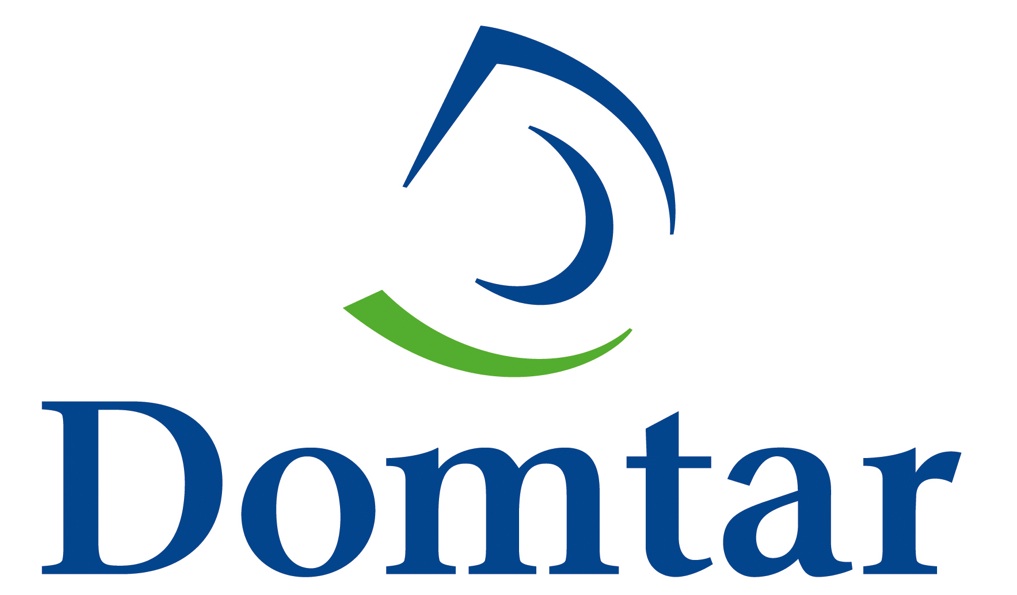Bringing Decision Science to Sustainability

Bringing Decision Science to Sustainability
Domtar’s pulp mills are, in essence, biorefineries designed to separate and extract the natural chemical building blocks of wood. Cellulose is used to make paper, but the other biochemicals from wood are also valuable as feedstocks for products ranging from fuels to flavors and fragrances.
Domtar now has more than a hundred different options for supplementing and enhancing our current pulp and paper product portfolio with different biomaterials. This requires establishing an approach to decision making that is both agile and objective. The task becomes even more complicated when one recognizes that every one of our pulp mills is configured differently and operates in a different environment using different wood feedstocks.
That is why our interest in the science of decision making is heightened, and why we recruited Dr. Shabnam Sanaei to bring new thinking to complex decision making.
Before moving to Canada in 2008, Shabnam earned a master’s degree in chemical engineering in Iran, where she studied under professors working in the oil and gas field. She was eager to pair her learning in that field with her interest in environmental sustainability and biorefining.
She enrolled at Ecole Polytechnique de Montreal for doctoral studies where her research centered on sustainability assessments and multi-criteria decision making. This included developing a model for deciding how to best supplement our current product portfolios at each of our facilities. “I wanted to develop a method to evaluate the sustainability of integrated biorefining and biomaterials opportunities,” she said, “accounting for the economic, environmental, regulatory and social factors.”
From Montreal, Shabnam moved to Domtar’s Dryden, Ontario, mill to test how her model would work in actual practice. She then completed a two-year post-doctoral internship at Domtar focused on lignin valorization. She is now part of our Biomaterials business, examining opportunities for new revenue streams across Domtar’s mill system. This includes opportunities ranging from producing a feedstock for making high-strength carbon fiber, to feeding livestock for healthier and more sustainable food production.
“We need to diversify our product portfolio beyond our core pulp and paper business,” she said. “But how do we choose from the thousands of things that can be made from wood? Which pathway should we follow? We are already a biorefinery business. How do we maximize its potential moving forward?” Shabnam’s work is an example of Domtar’s approach to sustainability: Working smart, for the long term
###
Domtar’s 2017 Sustainability Report details the company’s endeavor to take a longer term view of creating and preserving value for our shareholders, customers, employees and communities. For more inspiring stories about Domtar's sustainability efforts, visit the Domtar Newsroom at https://newsroom.domtar.com.
To view the full 2017 Sustainability Report click here.

